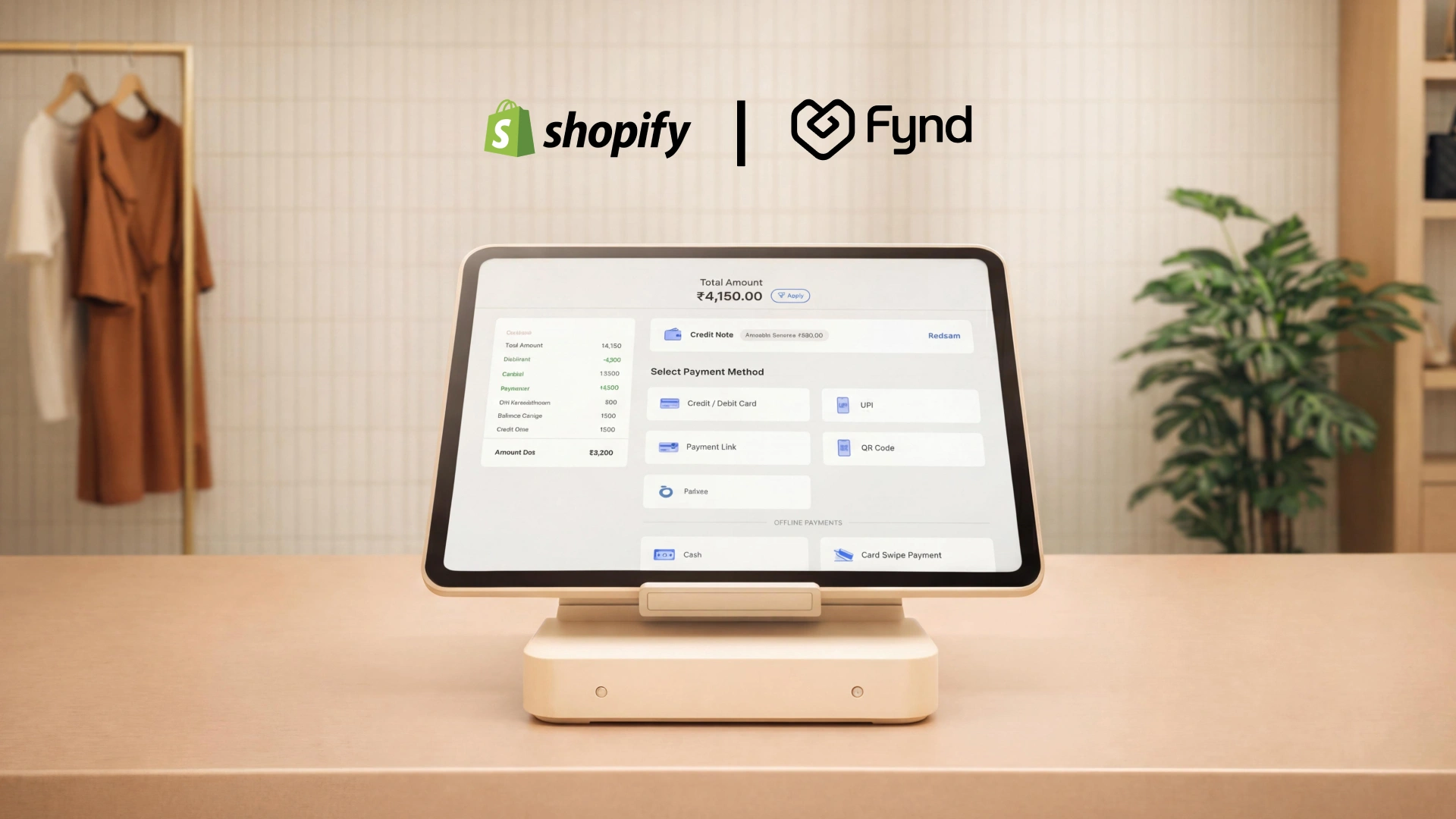Fynd blogs
Stay informed with Fynd blogs - insights and expert opinions
Thank you! Your submission has been received!
Oops! Something went wrong while submitting the form.

No results found
Don't give up! Try another keyword or check out our trending blogs below






























.webp)


